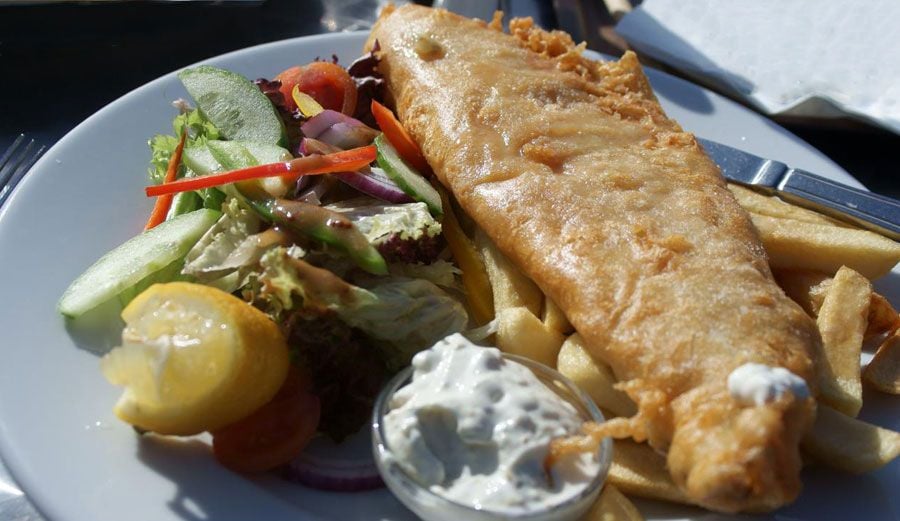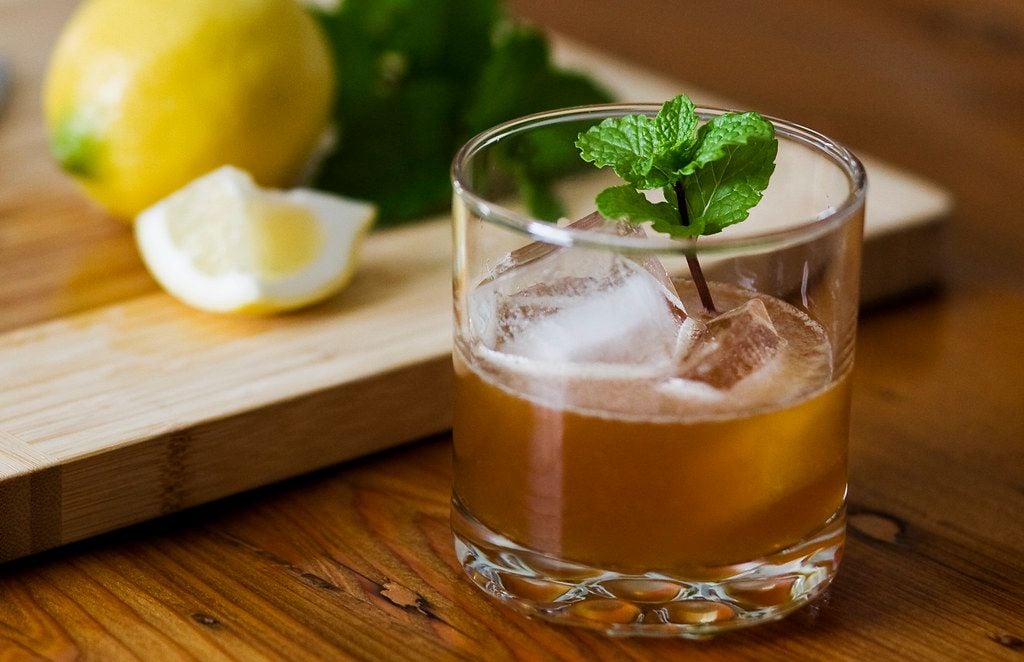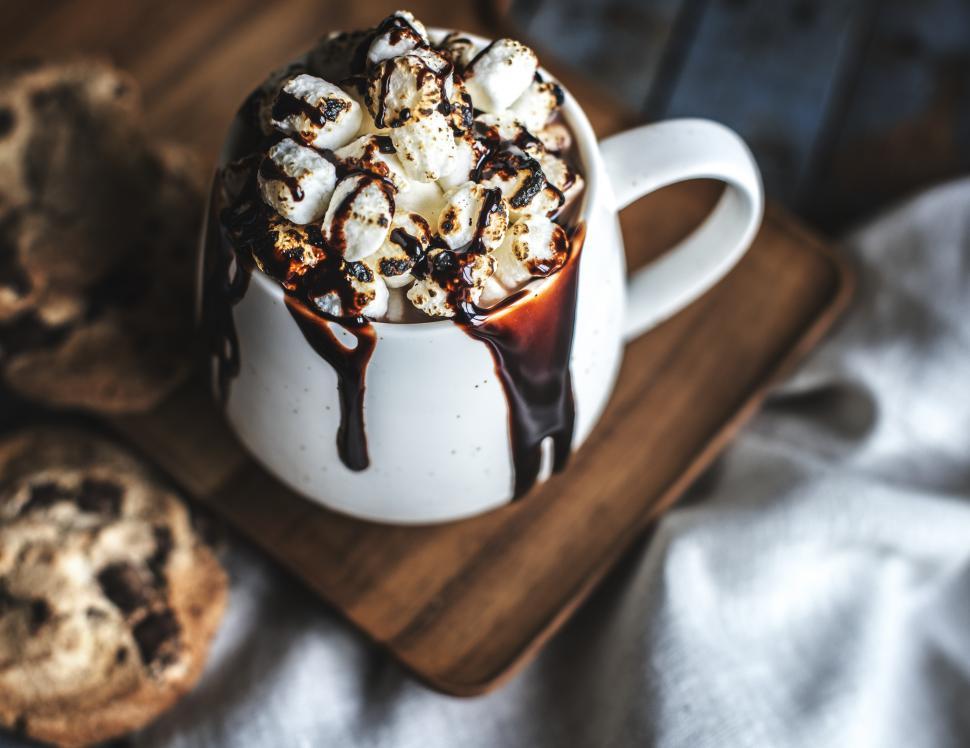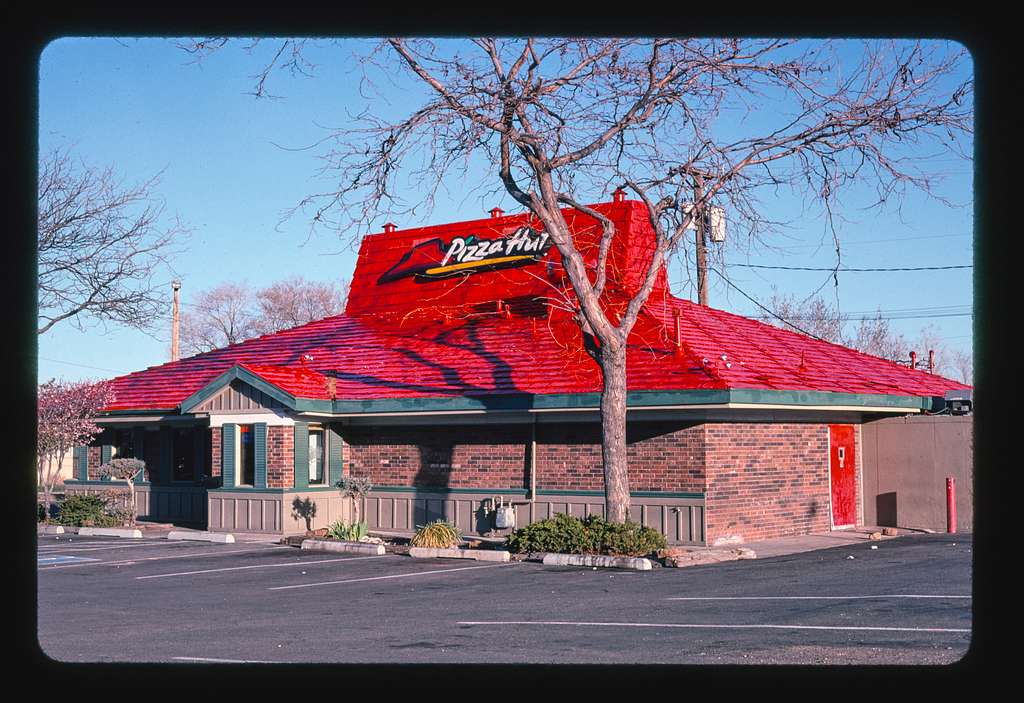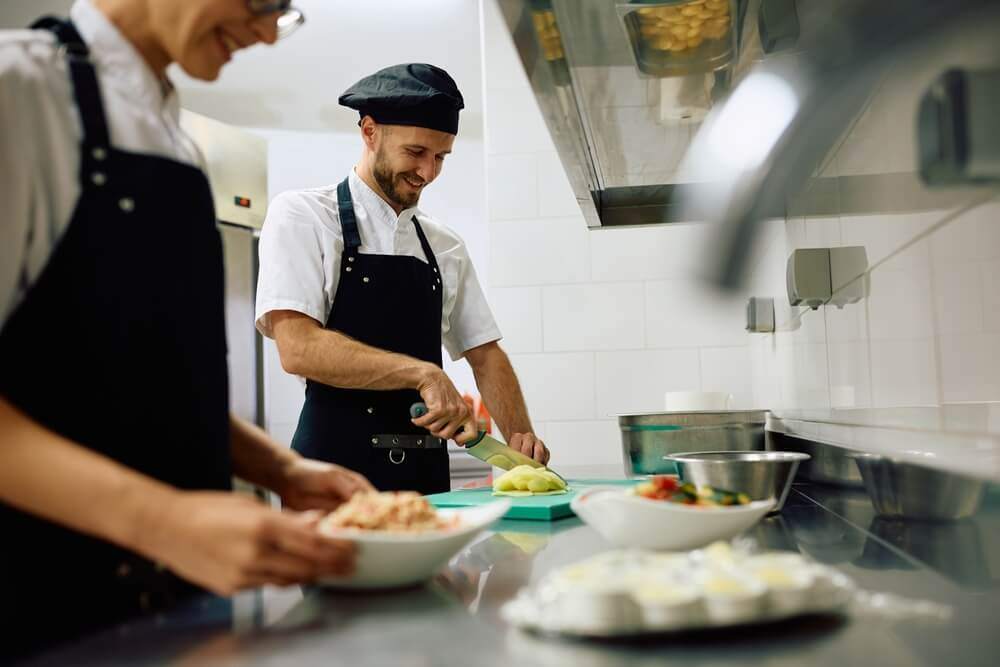
Grilling 101: Why Oiling Your Grill Grates is Crucial
- Jul 5, 2024
We all know the disappointment of lifting a beautifully seared chicken breast off the grill, only to leave a chunk of it behind on the grates. One of the most common inquiries when it’s grilling season is whether to keep those grill grates oiled or not. Here's a crisp explanation on how and why you should consider oiling your grates.
The primary objective of slicking your grates with oil is to keep your food from gluing itself onto the grill. An additional plus point is that oily grates are less likely to rust over time. However, some rules have exceptions. Say, if your marinade itself is oozing with oil, you can probably skip oiling the grates. Over-oiling your grill can both cause flare-ups and in severe conditions lead to a nasty grease fire.
Grate-oiling is no child's play. It's crucial to pick an oil with a high smoke point, basically an oil that resists burning when heated. Neutral oils like canola, grapeseed, or refined avocado oil are viable candidates. These oils have a smoke point exceeding 400°F. Rivalling oils such as extra-virgin olive oil or unrefined coconut oil trail behind with smoke points between 300 to 350°F. These neutral oils won't break your bank and since the purpose of this oil is to avoid sticking, you can save the gourmet stuff for the table.
A popular misconception is to resort to cooking sprays, however, they're strictly not advisable for a hot grill as they can trigger dangerous flare-ups. They are sold in aerosol cans, which often carry flammable propellants.
Here's a quick guide on how to get the oiling done right. Initially, clean your grill thoroughly. Crank up your grill to high heat and let it blaze for about ten minutes. This will char any lingering munchies left behind from your previous grill batch, making it easier to clean them off. Brica Lopez, co-author of the book Asada: The Art of Mexican-Style Grilling, highly recommends using a grill brush or, in its absence, halved onion to scrub off any stubborn particles. The latter's working principle is based on the acidic onion juice that helps break food particles and grease residues.
With a clean grill, gently spread a thin coat of neutral oil over the hot grates using a non-soaked paper towel and a pair of tongs. It's best to oil your grates right before you throw on your food for maximum effect.
In a nutshell, an extra step of oiling your grill grates before you start your grilling session plays a major role not just in preventing your delicacies from sticking and tearing on the grill but also adds to the life of your grill. It’s essentially comparable to seasoning an iron pan. Building the habit of regularly oiling those grates will allow you to enjoy many more seasons of perfect grilling.

